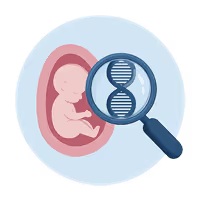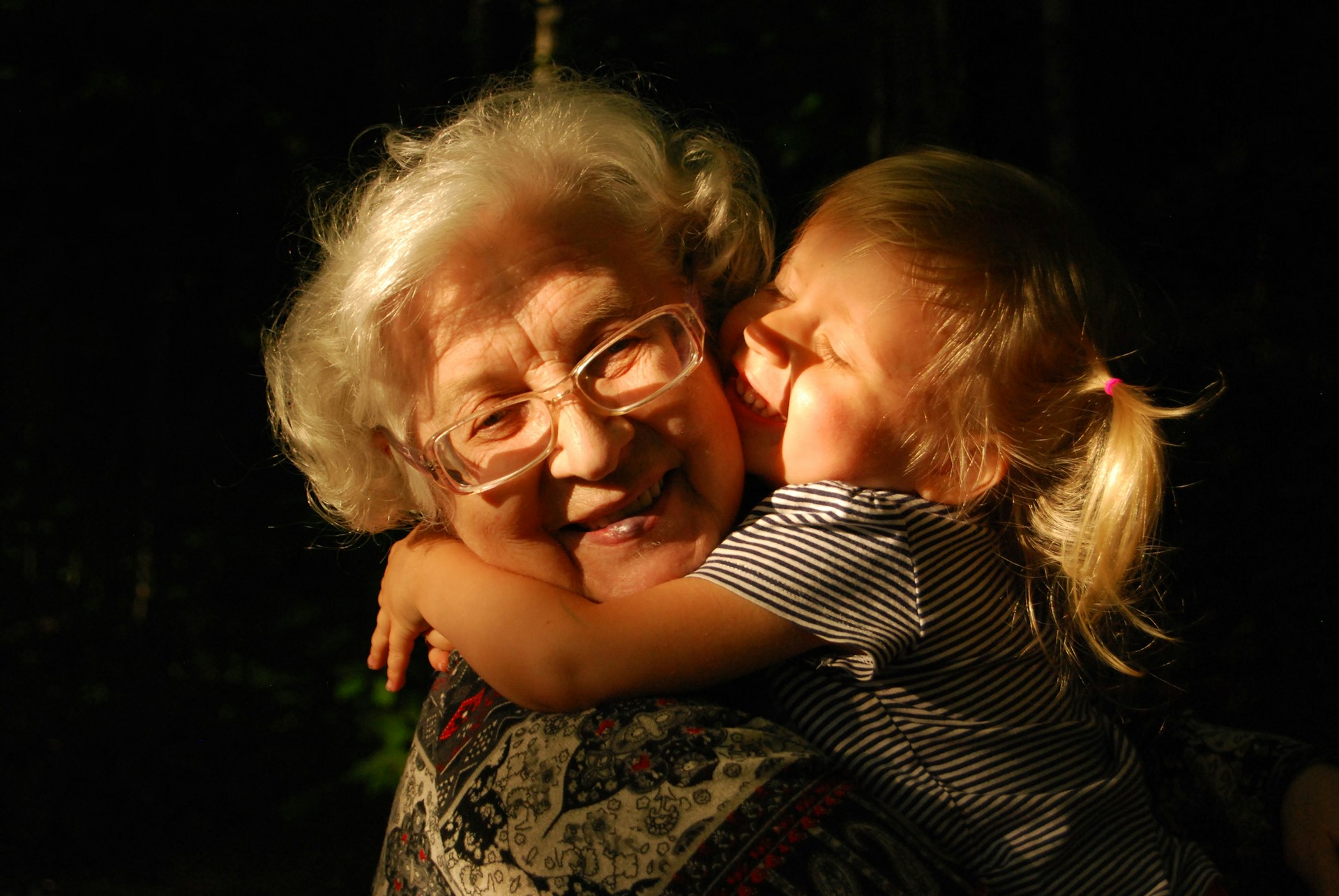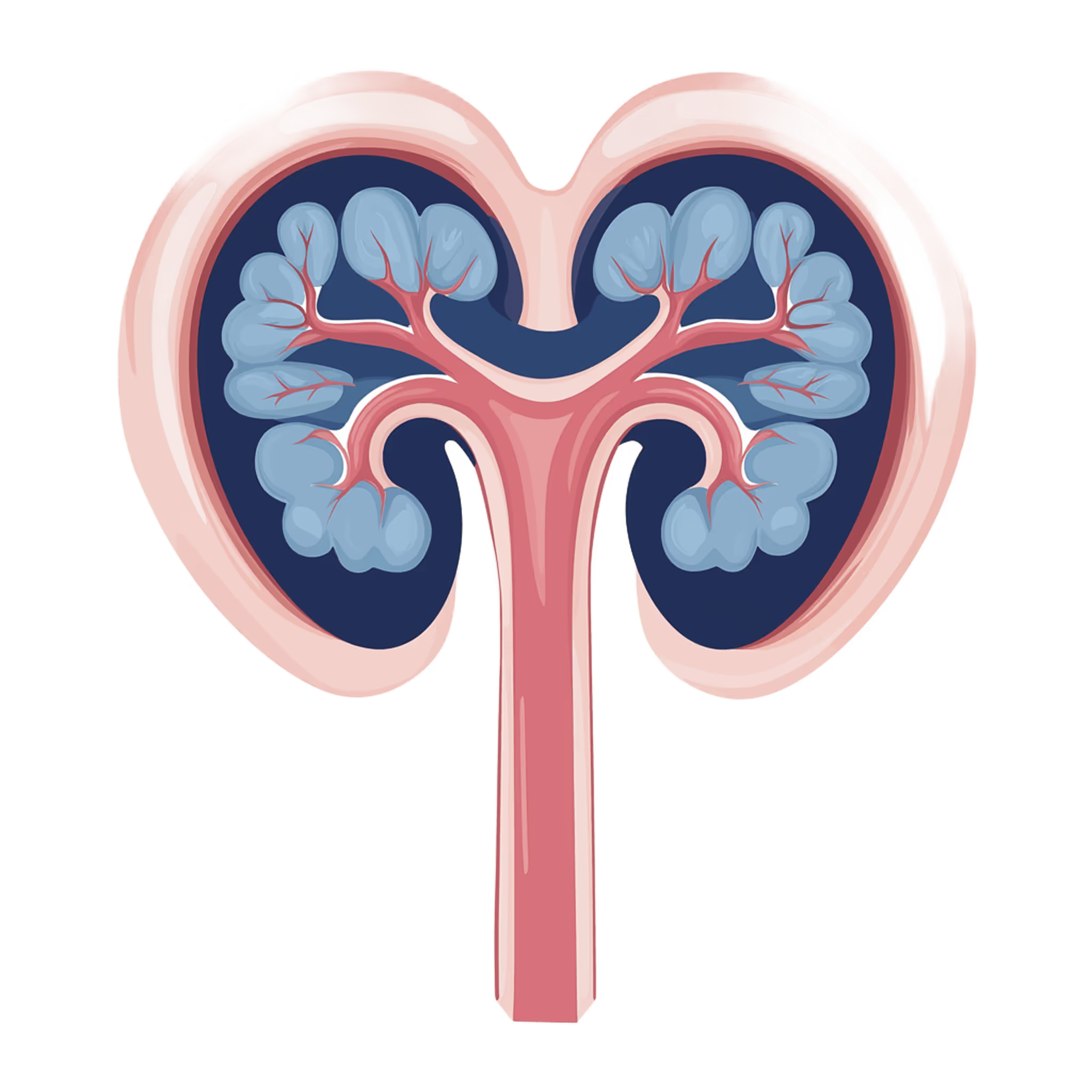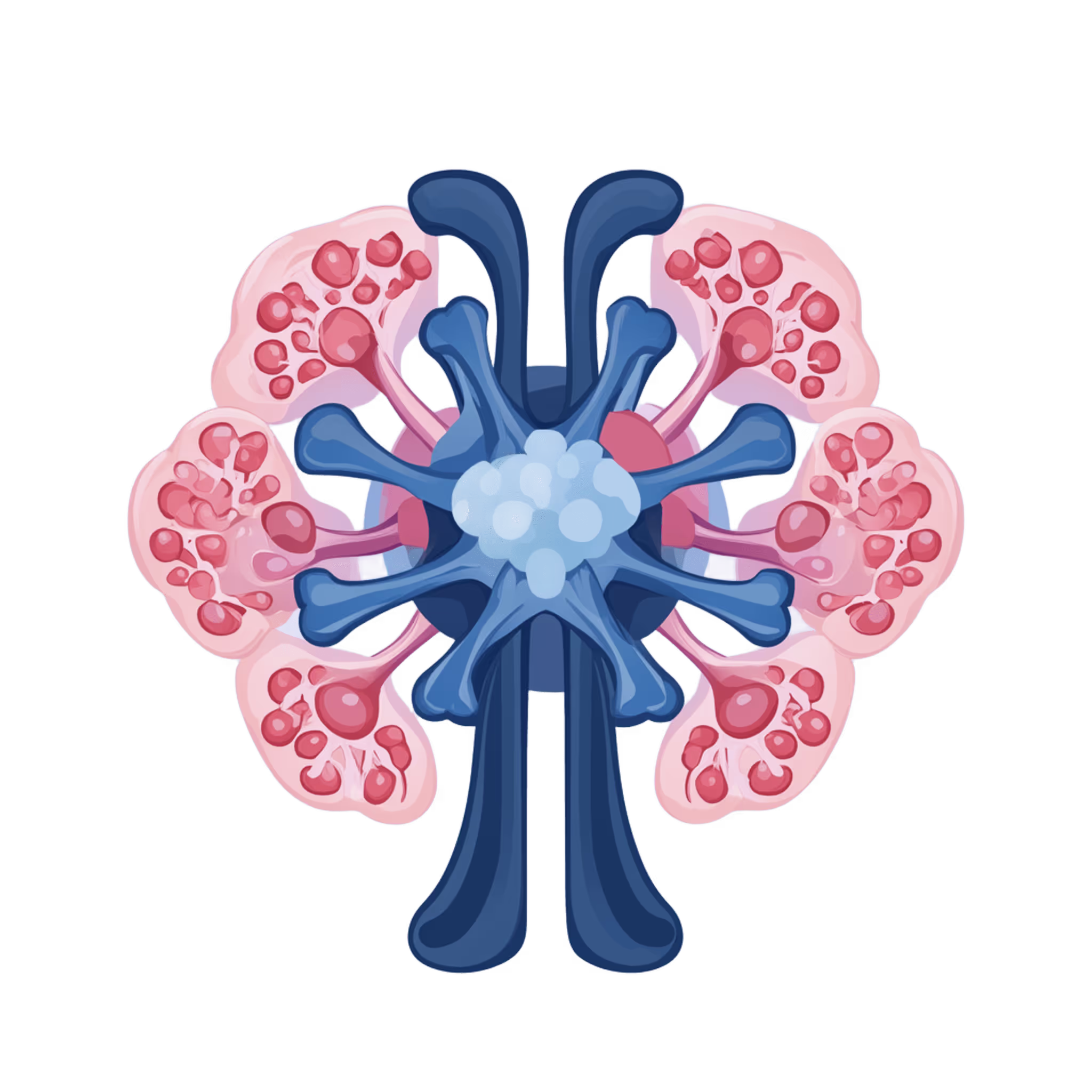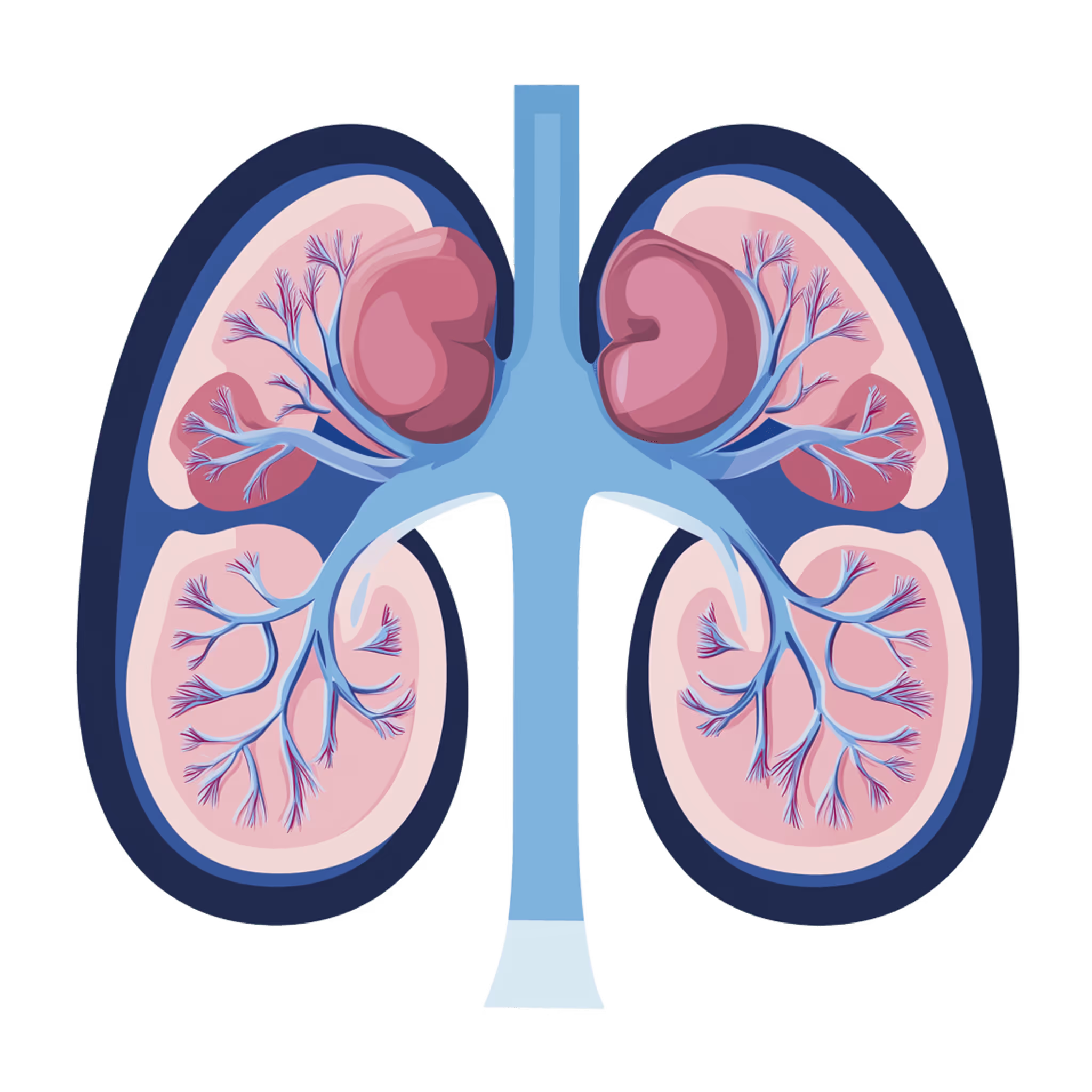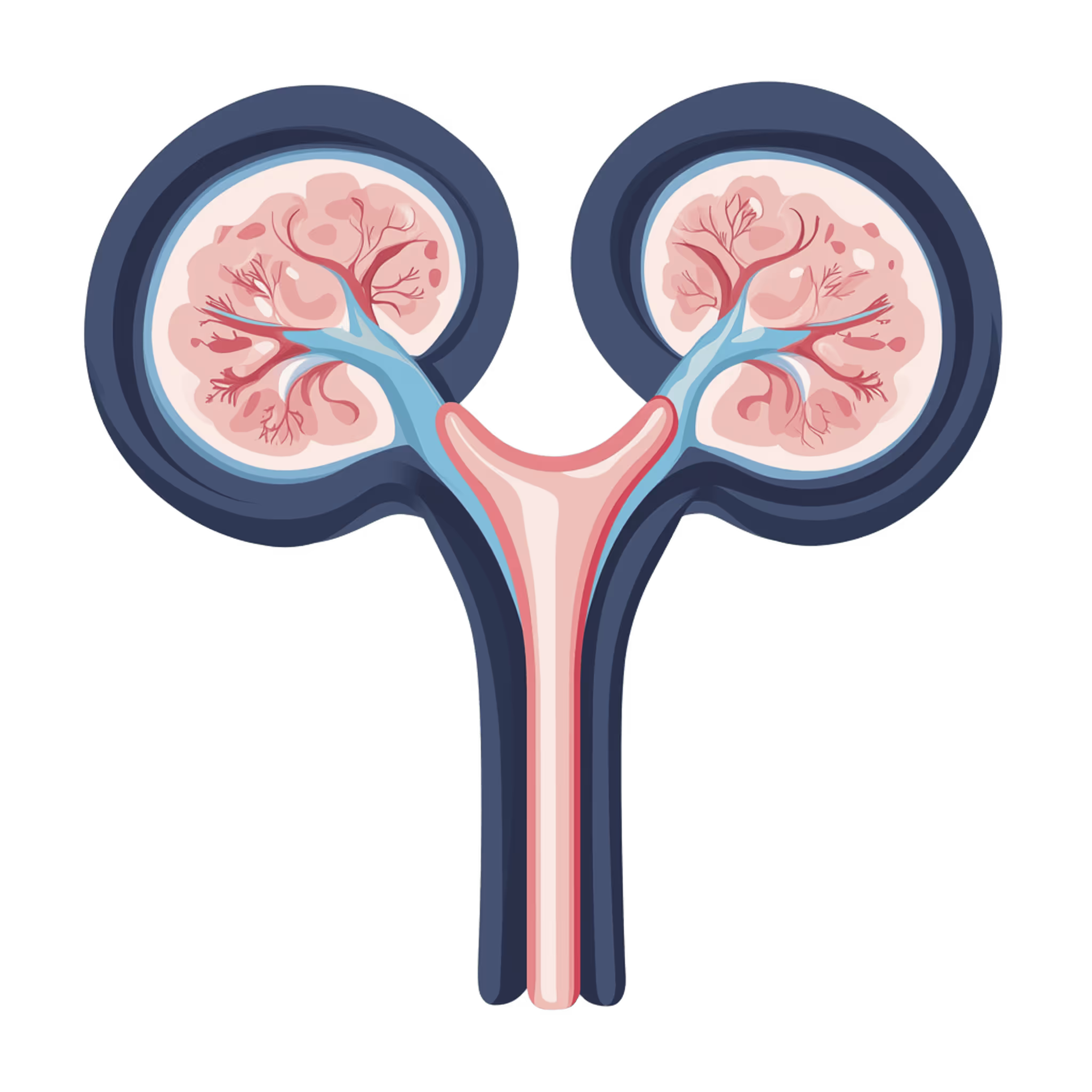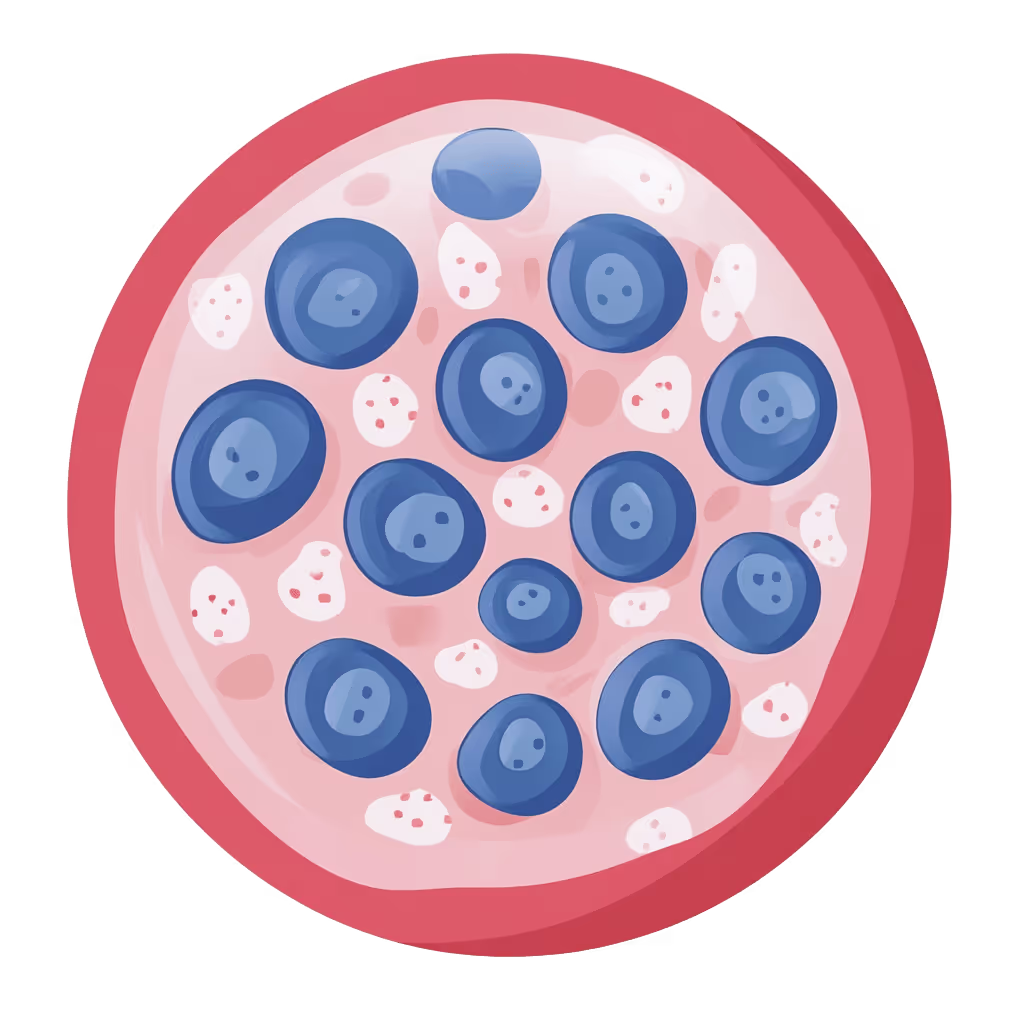What is breast cancer?
Breast cancer occurs when cells in the breast begin to grow and divide in an uncontrolled way, forming a tumour. Breast cancer is a common condition in the general population. While it usually affects women over 50, it can also affect younger women and men.
Symptoms of breast cancer include:
- A lump or swelling in the breast, upper chest, or armpit
- Change in the size, shape, appearance or fee of the breast or nipple
- Skin changes such as dimpling, puckering, or redness
- A rash or crusting around the nipple, unusual nipple discharge or the nipple turning inwards
- Pain in the breast or armpit
Like many cancers, early detection can greatly improve the chances of successful treatment. If you are experiencing any symptoms that are worrying you, it is important that you report this to your GP.
More information about breast cancer can be found on Macmillan.
What are the causes?
Usually, when someone is diagnosed with cancer, the cause is unknown. Contributing factors may include age, family history, environment, lifestyle and hormonal factors.
In some cases, genetic testing can identify a variant (change) in a single gene that causes a person to have an increased risk of developing certain cancers over their lifetime. These gene variants can be passed down through families with around 5–10% of breast cancers are due to inherited genetic changes.
Is genetic testing for breast cancer risk genes right for me?
Some people with a personal diagnosis or strong family history of breast cancer or related cancers, such as ovarian or prostate cancer, may choose to consider genetic testing to try and identify a cause for their diagnosis or their family history. People from certain ethnic backgrounds, such as those with Ashkenazi Jewish ancestry, also have a higher chance of carrying a variant in a breast cancer risk gene such as BRCA1 or BRCA2, and may wish to explore genetic testing.
Identifying a variant in a cancer gene can help clarify personal risk of developing certain cancers and inform your risk management options such as extra screening, surgical options or medications.
Genetic testing can provide very useful information, but may not be the right choice for everyone. Speaking to a genetic counsellor can help you explore your personal and family history, understand what testing might mean for you and your family, and help you make a decision that feels right for you.



